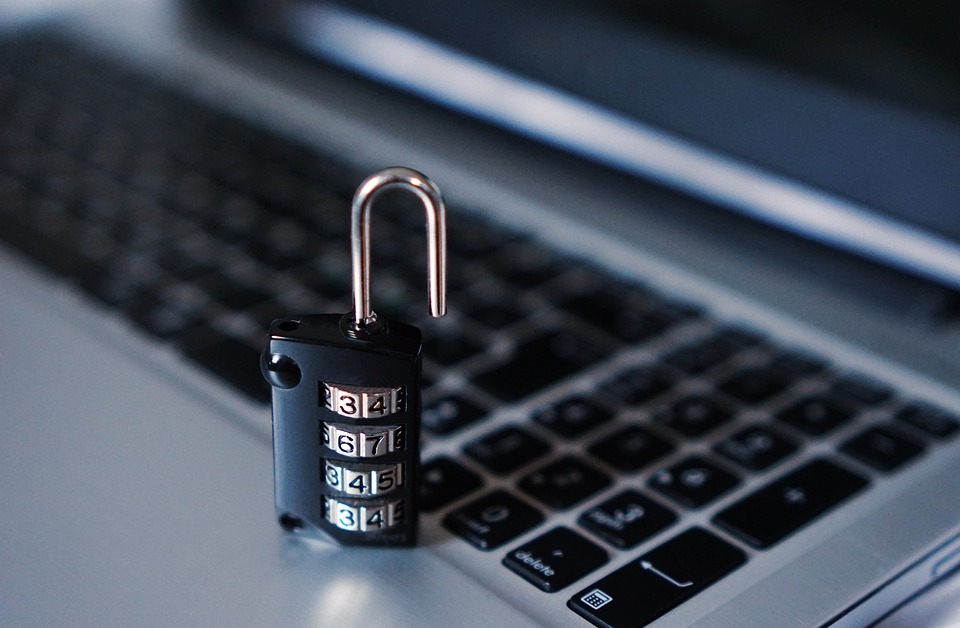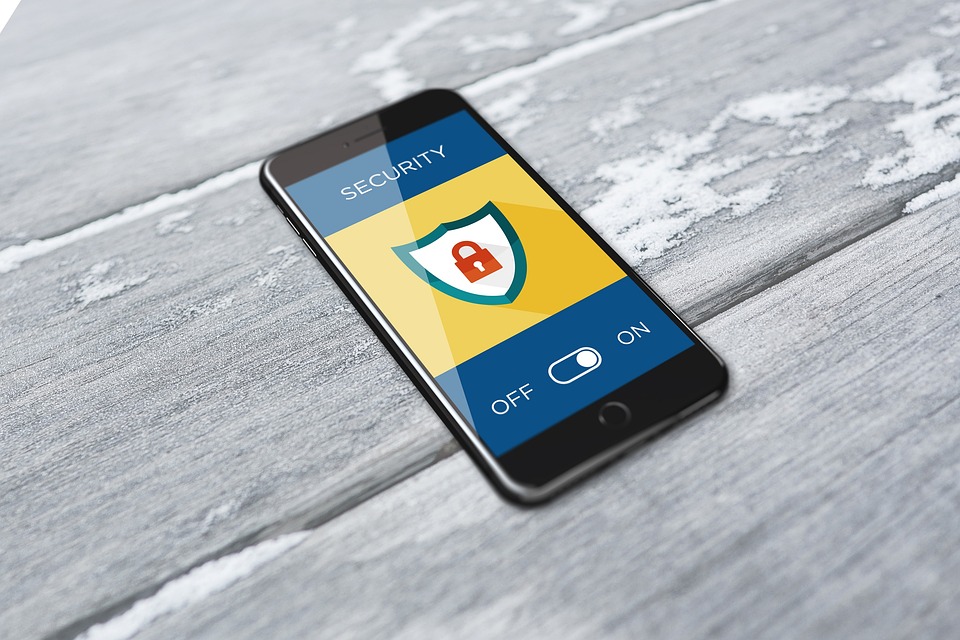Strengthen Your Online Security: A Comprehensive Guide to Two-Factor Authentication (2FA)
In today’s digital age, online security has become a paramount concern for individuals and businesses alike. With the increasing number of cyber threats and data breaches, it is crucial to implement robust security measures to protect our sensitive information.
What is Two-Factor Authentication (2FA)?
Two-Factor Authentication, commonly known as 2FA, is an additional layer of security that helps to protect your online accounts by requiring two different forms of authentication to verify your identity. Traditionally, a username and password combination has been the primary method of authentication. However, this method alone has proven to be vulnerable to hacking attempts and password breaches.
2FA adds an extra step in the authentication process by requiring a second form of verification, typically something you possess, such as a mobile device or a physical security key, or something you are, like a fingerprint or facial recognition. This two-step verification process significantly enhances the security of your online accounts and makes it much harder for unauthorized individuals to gain access.
How Does Two-Factor Authentication Work?
The process of enabling and using 2FA varies depending on the platform or service you are using. Generally, after entering your username and password, you will be prompted to provide an additional piece of information or perform a specific action to complete the authentication process.
One common method is receiving a unique verification code on your registered mobile device via SMS or a dedicated authentication app. You then enter this code to validate your identity. Other methods include using biometric data like fingerprints or facial recognition via specialized hardware or applications.
It’s important to note that even if an attacker manages to obtain your username and password, they will still be unable to access your account without the second factor of authentication. This added security layer makes it significantly harder for hackers to breach your accounts, providing you with peace of mind.
Benefits of Two-Factor Authentication
Implementing 2FA offers several significant benefits in terms of online security:
- Enhanced Security: By requiring an additional layer of verification, 2FA significantly reduces the risk of unauthorized access to your online accounts.
- Protection Against Password Breaches: Even if your password is compromised through a data breach, the second factor of authentication ensures that your accounts remain secure.
- Peace of Mind: Knowing that your sensitive information is protected by an extra layer of security helps alleviate concerns about potential cyber threats and identity theft.
- User-Friendly Experience: Many popular online platforms and services now offer seamless integration of 2FA, making it easy for users to enable and use this additional security feature.
Common FAQs about Two-Factor Authentication
1. Is Two-Factor Authentication necessary for all my online accounts?
While it may not be mandatory for every online account you have, implementing 2FA is highly recommended for all accounts that contain sensitive personal or financial information. This includes your email, online banking, social media, and cloud storage accounts.
2. Can I use the same authentication method for all my accounts?
While it may be convenient to use the same authentication method for all your accounts, it is advisable to mix and match different methods to enhance security. This way, even if one method is compromised, your other accounts remain protected by a different authentication factor.
3. What if I lose my mobile device or security key?
If you lose your mobile device or security key, it is crucial to have a backup plan in place. Most platforms provide alternative methods, such as using backup codes or contacting their support team, to regain access to your account. It’s important to follow the specific account recovery procedures provided by each platform to ensure a smooth recovery process.
4. Can 2FA be hacked?
While no security measure is entirely foolproof, 2FA significantly reduces the risk of unauthorized access. However, it is important to use strong, unique passwords and be cautious of phishing attempts. Additionally, keep your devices and applications up to date to minimize potential vulnerabilities.
To learn more about strengthening your online security with Two-Factor Authentication (2FA), you can check out this comprehensive guide that dives deeper into the topic.











